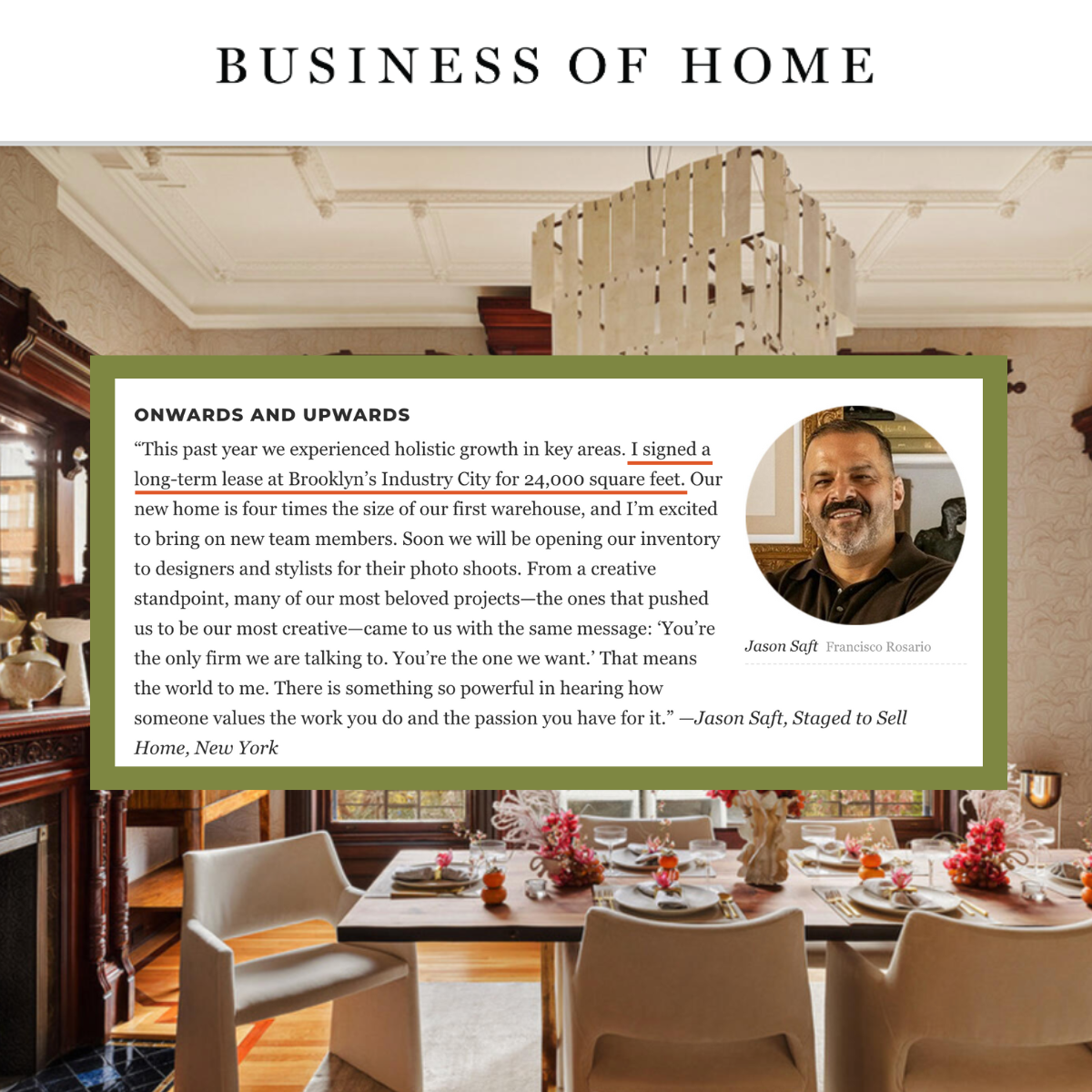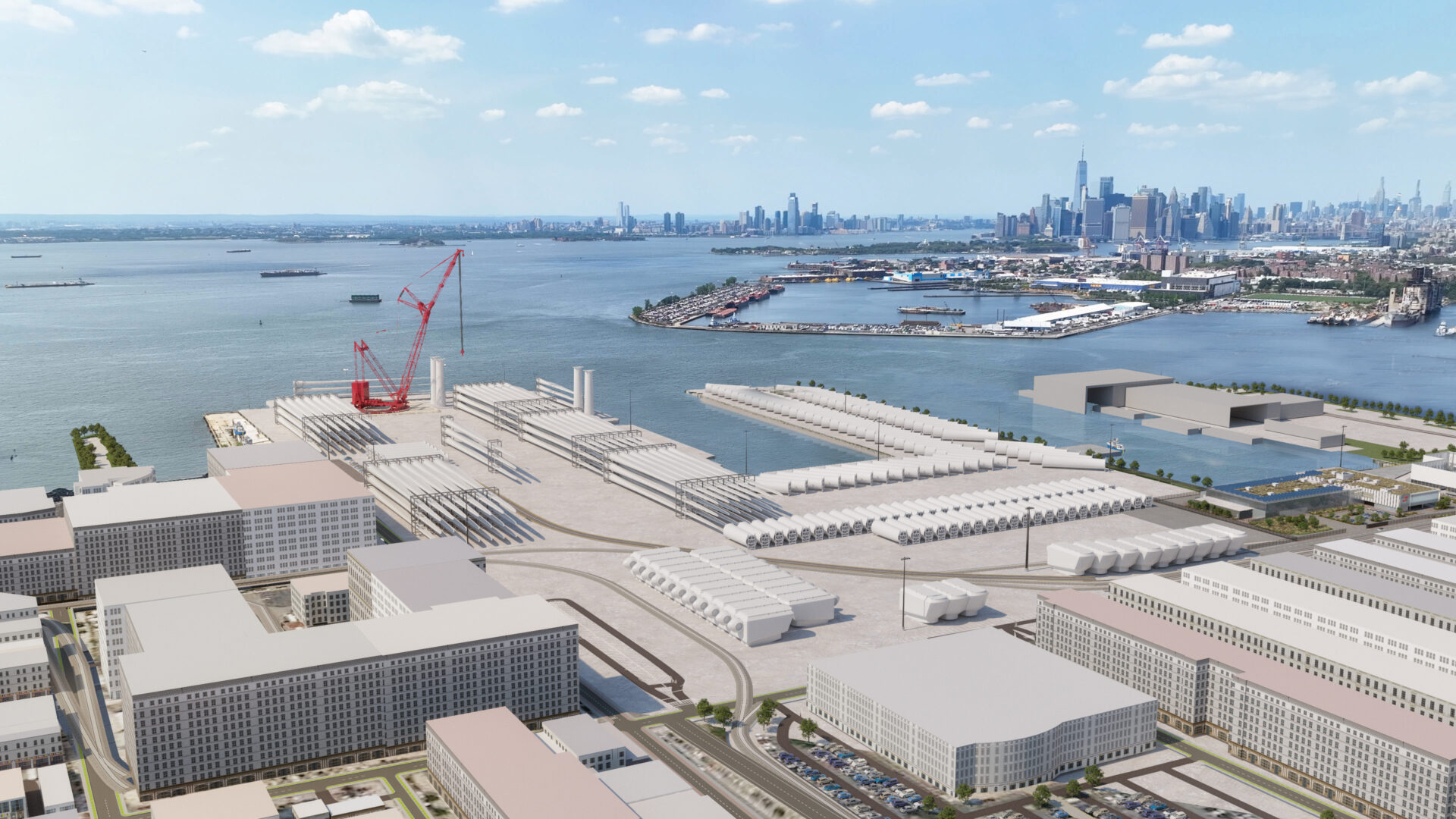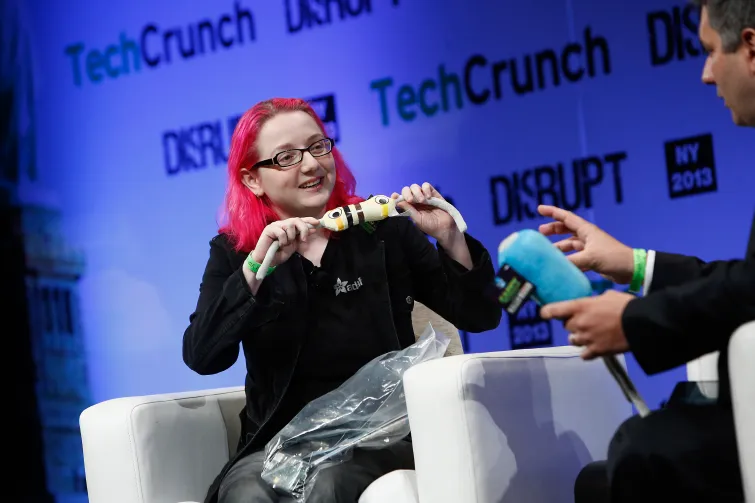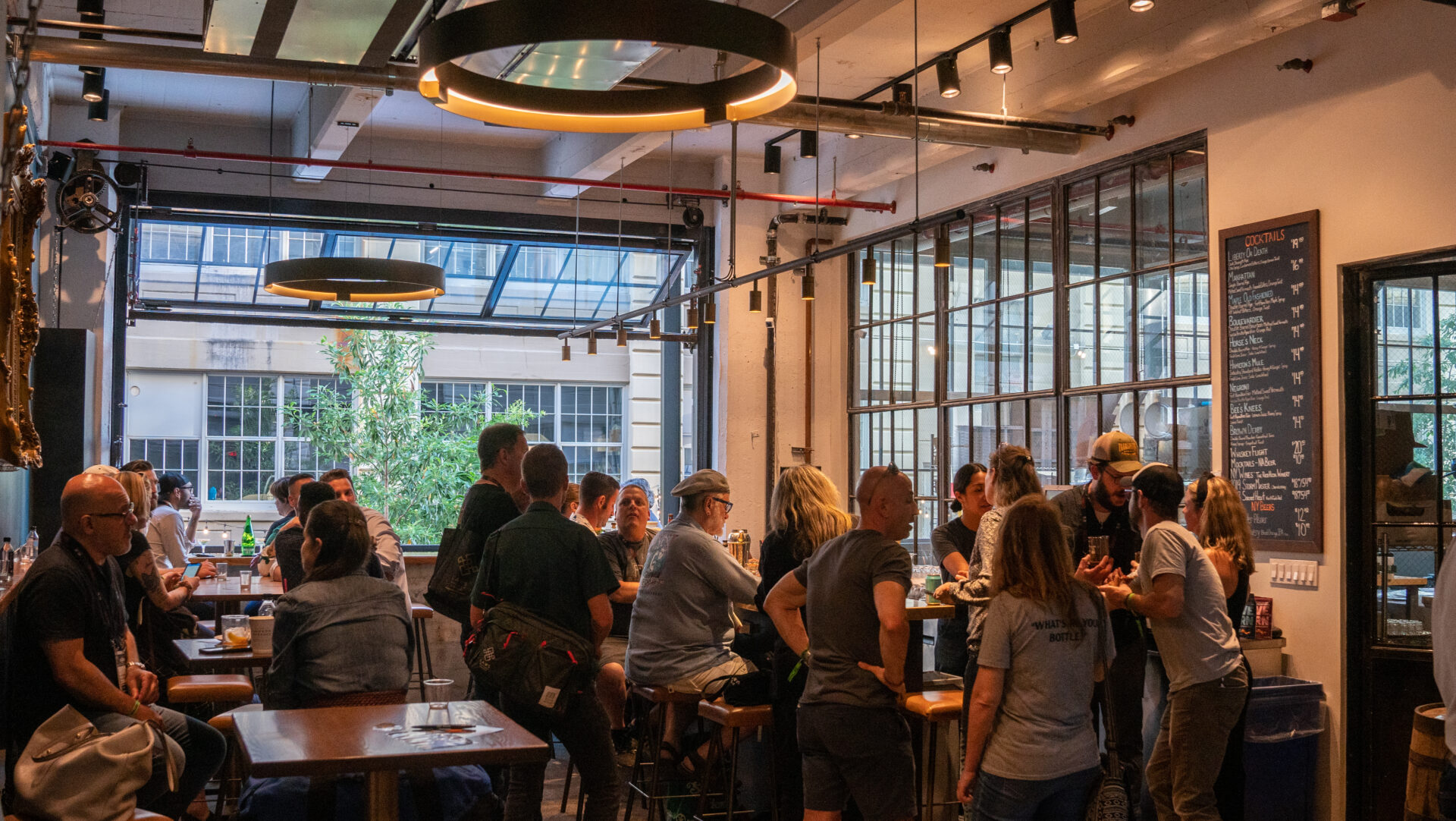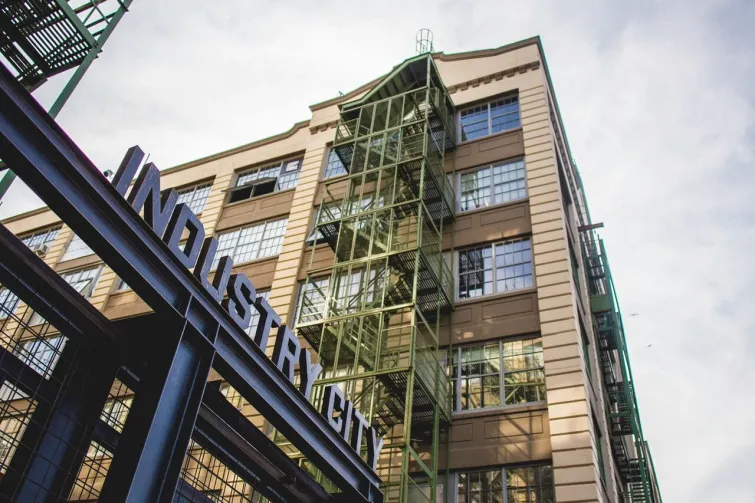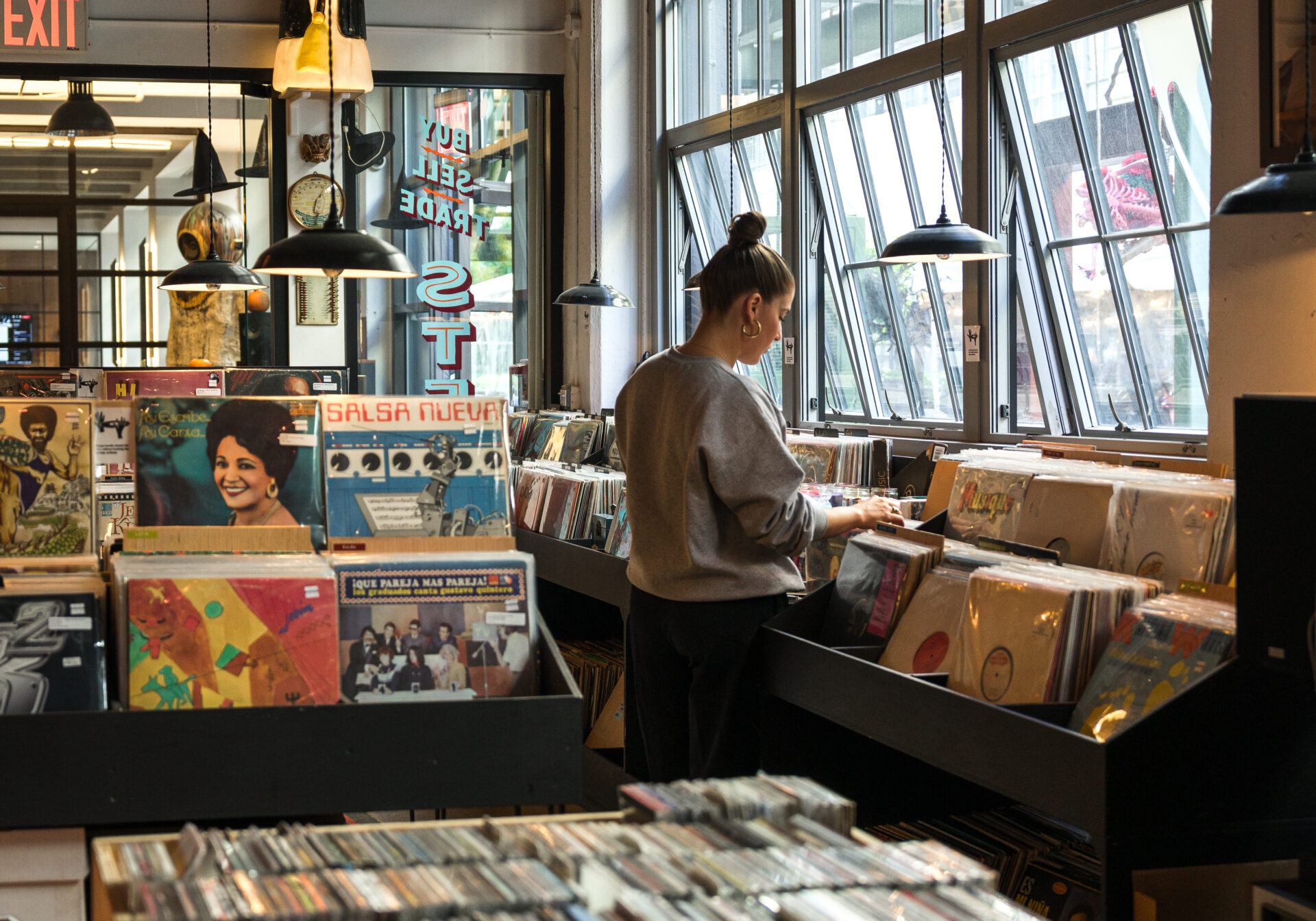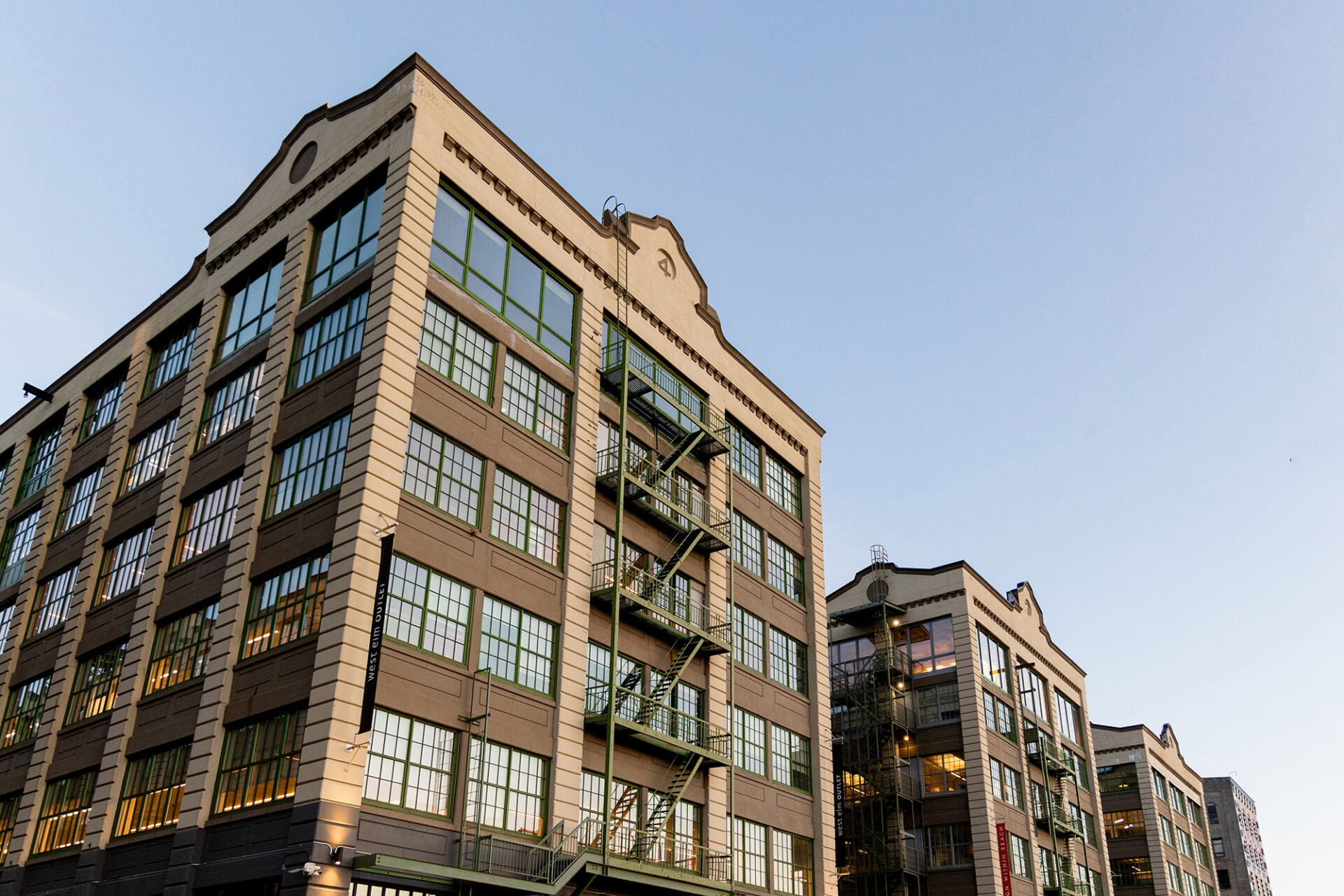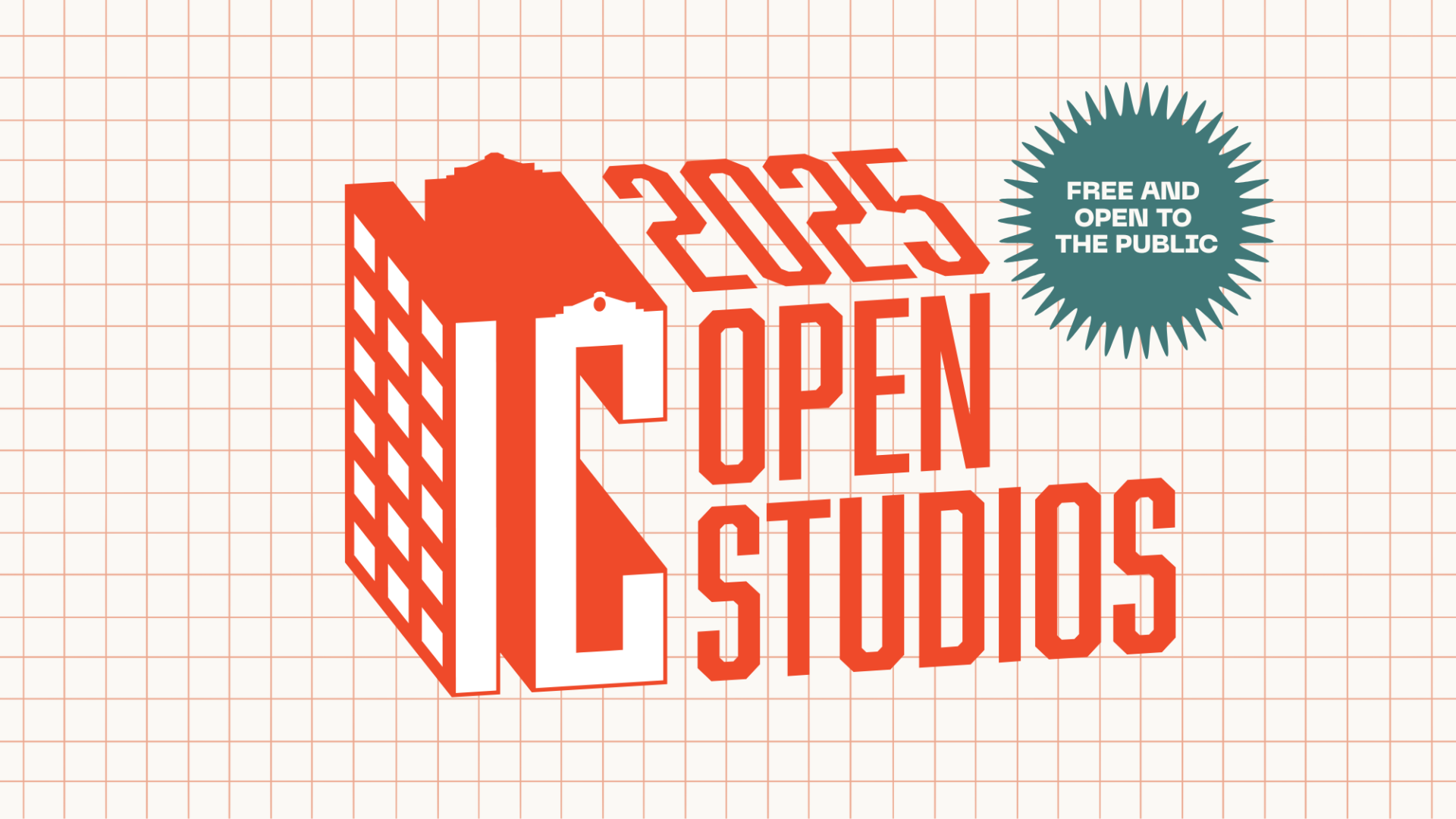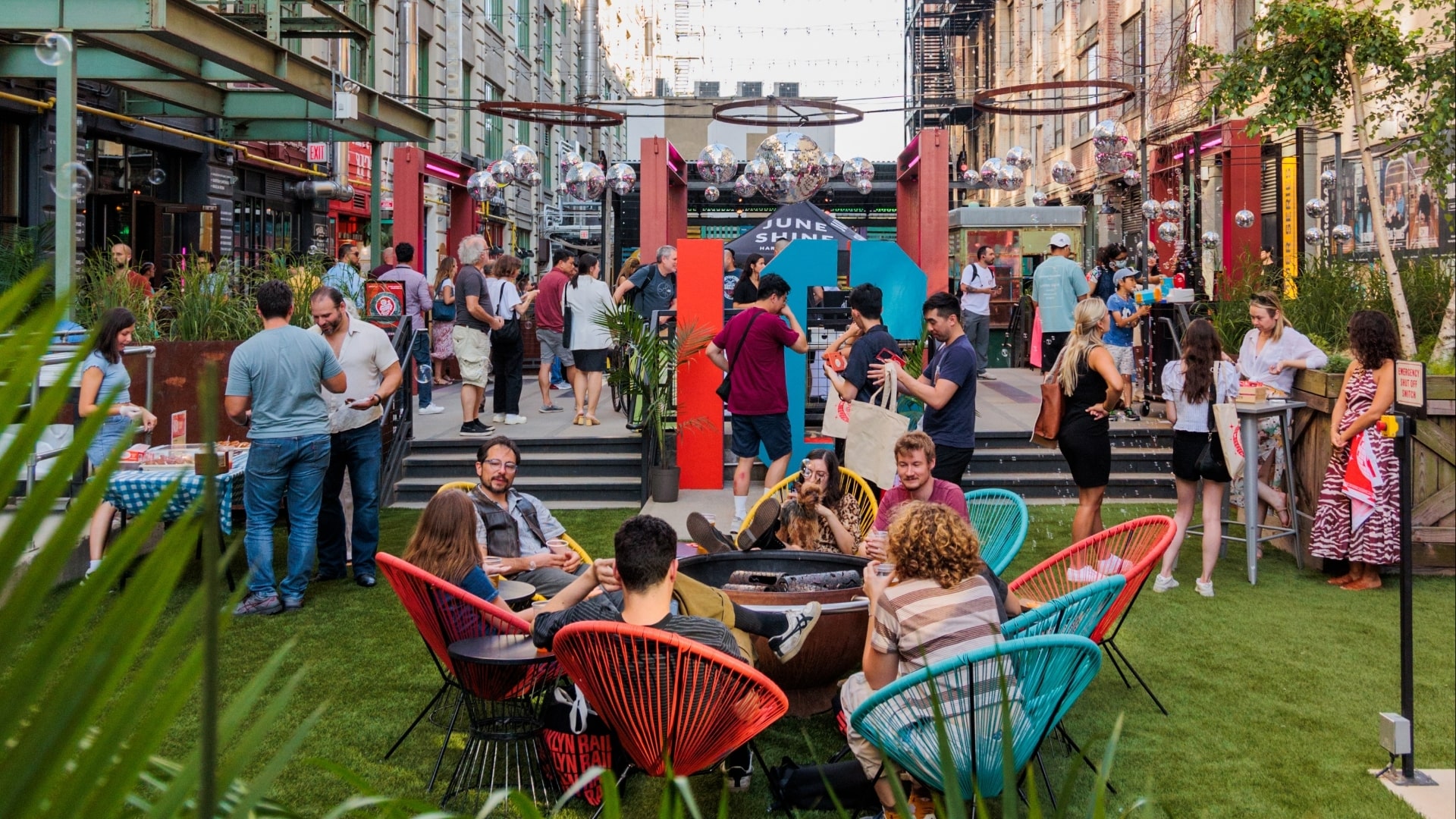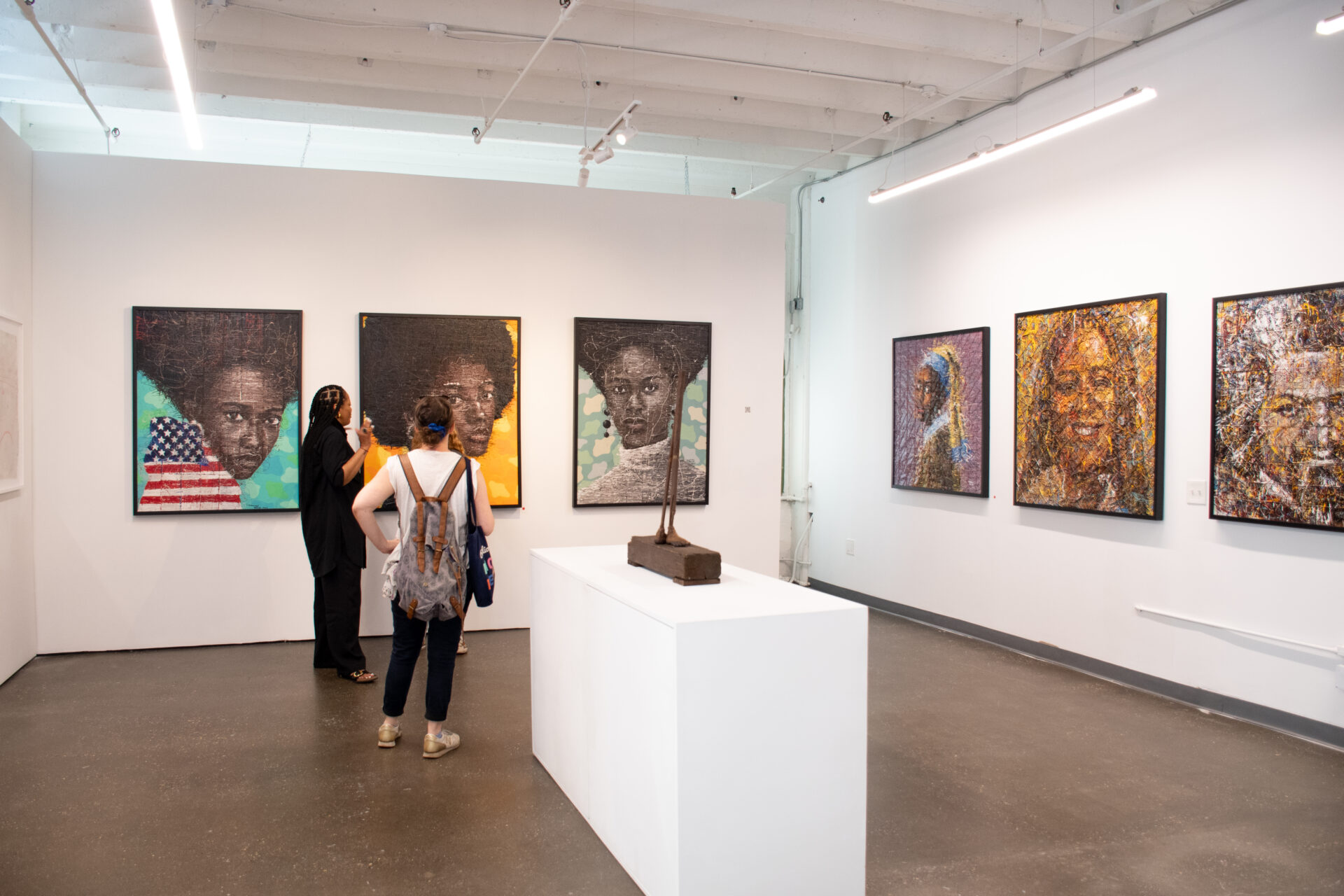Brian Polen gives sake a Brooklyn twist in Industry City

Brooklyn Daily Eagle
August 8, 2024 Alice Gilbert
Brian Polen. Photo courtesy of Ward 8 Studios
Brooklyn might not be the first place that comes to mind when we think of craft sake brewing, but maybe it should be. Brooklyn Kura’s craft sake stands up to the distinguished products coming out of Japan, which says a lot since those have been brewed for hundreds of years, while this humble brewery only opened in 2018. At its helm is Brian Polen, whose love for this product has put it on the map far beyond its Industry City home.
Tell me about yourself and how you came to start Brooklyn Kura.
I grew up in southern California. I went to undergraduate school there, graduate school in Michigan and moved to New York City to work at American Express, where I worked for about eight years. In 2013, I was traveling and met Brandon Doughan at our mutual friend’s wedding in Japan.
If you’ve never been to Japan and experienced locally-produced sake, it’s hard to represent the diversity, affordability and quality. It is similar to the American craft beer industry. Both Brandon and I were inspired by that experience, so we started to make sake in our homes — a project that became Brooklyn Kura.

What does the name mean?
We’re a Brooklyn-based company, first and foremost. Kura, in Japanese, means a warehouse, traditionally associated with the storage of valuable goods. Beyond that, it’s a word used to describe a place where sake, shoujo, miso, soy and other fermented products are made.
Which came first, this makers’ philosophy or the makers’ location of Industry City?
It’s been relatively organic, and it has taken place over a relatively long period. We were the first beverage or alcohol producer in this corridor in Industry City’s Building 6. What I’ve seen from the Industry City team is this collaborative desire to bring craftspeople together and make an interesting retail experience.
What else does Industry City provide in terms of support and exposure?
The everyday operators of Industry City that take care of the six million square feet of this place are all productive, supportive and encouraging members of our team. We’re pretty embedded in the IC community. My business has been more successful because of the relationships I have with the IC leadership and operating team. They have a lot of experience on the development side. They owned and operated Chelsea Market, among other places. They’ve supported us growing from 3,000 square feet to almost 20,000 square feet.

There’s an eclectic group of makers, large and small businesses, and an increasing amount of everyday traffic to Industry City. It’s a great contributor to the neighborhood in terms of jobs. I feel pretty lucky. We have the opportunity to grow alongside development partners that, in New York City, you’re not likely to have. Our taproom has a beautiful food menu, a beautiful cocktail program and an educational center that hosts chefs and educators from around the world talking about fermentation culture and sake culture.
Sake is an ancient product made using an ancient process, relatively unchanged for thousands of years. As a new sake brewer, do you feel you have modernized the product or process, and if so, how?
First and foremost, Brandon, our brewer, is super talented and has a science background. That gives us an advantage to the extent that we know as producers how to create a controlled, clean environment to ensure successful fermentation outcomes. We’re in New York City. The best makers of sake in Japan export their products to the U.S., and if they do, they export them to New York. So, they visit, interact and share their perspectives with us. We accumulated all the knowledge from their guidance, which created this hybrid manufacturing process.

Some of our tools and equipment come from China or Mexico, whereas in a traditional Japanese brewery, the equipment is almost entirely locally sourced and custom-designed. That creates some differences, but ultimately, we follow a traditional flow. We’ve produced a very traditional, high-quality version of this historic beverage. We want to make something delicious that motivates people to drink more sake.
How has Brooklyn, the country and the wider world received your products?
The best example of how well-received we’ve been is that, now that we have a larger production facility, we’re going to start exporting Brooklyn Kura to Japan later this year. I just got back from a trip, meeting with producers and retailers there, who are very excited about carrying our product.
We recently expanded Industry City into a much larger space and invested in a larger brewing facility and taproom. The money to do that came from an investment in a centuries-old Japanese brewery called Hakkaisan. They are among the most respected koji-makers and sake fermenters in Japan. They had never invested in a company outside of Japan before. It reflects how we conduct ourselves and the impact we’re making on the industry.
Tell me about the decision to not pasteurize many of your products.
It is common not to pasteurize sake, and typically, it’s kept very local. Unpasteurized sake doesn’t have the same stability to go out into the world without refrigeration. It’s delicious, vibrant and different in quality and presentation from pasteurized sake. Pasteurization is a very traditional process in sake-making. Sakes are pasteurized twice — once to stop the fermentation process and once to make sure that the bottles are ready to ship and live in the world.
We make some pasteurized sakes, but historically, we haven’t had the equipment or facilities to make these sakes on a larger scale. Because we love our unpasteurized sakes and because we’ve been so locally focused, this has worked well. Now that we’re growing and we’re trying to send our sake to places where distribution is more difficult to secure, we are starting to invest in pasteurization with the same goal — to achieve the same level of quality as our cohort in Japan.

What is your most popular product?
In New York City, our most popular product is our Number 14 Junmai Ginjo, which is essentially a light, floral, drinkable, fresh, locally distributed sake that we’ve been proud of for a long time. We also have a subscription service that allows our best customers to get sakes that we produce just for them, which also has the secondary effect of giving our growing team, and Brandon in particular, the opportunity to experiment for people who are in it to learn and try new things.
What are you most excited about in Brooklyn Kura’s future?
In our new scale, we can be more thoughtful about pricing, so we’re trying to make our products more accessible to more people. We’re about to launch a shochu, a spirit made with the byproduct of our sake-making process, which enables us to reduce our waste to almost zero. Our sake education center continues to launch more content and programming, and our subscription service continues to grow. I’m excited about all of it. I need to bring it all together and be profitable enough to survive. That’s the goal.
Article Link: https://brooklyneagle.com/articles/2024/08/08/brian-polen-gives-sake-a-brooklyn-twist-in-industry-city/





